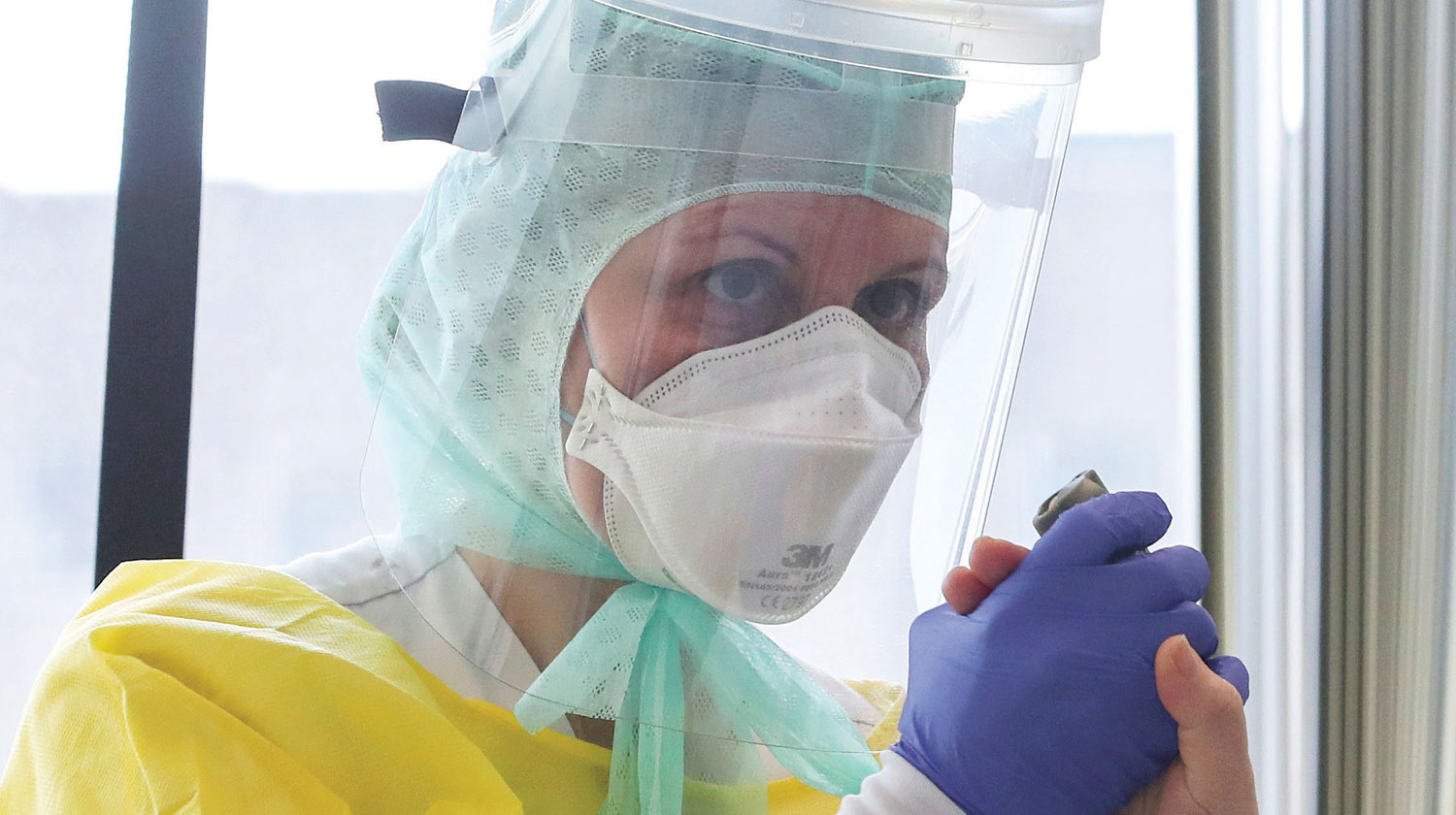

LONDON: Women in their 40s and 50s appear more at risk of long-term problems following discharge from hospital after Covid-19, with many suffering months of persistent symptoms such as fatigue, breathlessness and brain fog, two UK studies found on Wednesday.
One study found that five months after leaving the hospital, Covid-19 patients who were also middle-aged, white, female, and had other health problems such as diabetes,
lung or heart disease, tended to be more likely to report long-Covid symptoms.
“Our study finds that those who have the most severe prolonged symptoms tend to be white women aged approximately 40 to 60 who have at least two long term health conditions,” said Chris Brightling, a professor of respiratory medicine at Leicester University who co-led the study known as PHOSP-Covid.
A second study led by the International Severe Acute Respiratory and emerging Infections Consortium (ISARIC) found that women under 50 had higher odds of worse long-term health outcomes than men and than older study participants, even if they had no underlying health conditions.
“It’s becoming increasingly clear that Covid-19 has profound consequences for those who survive the disease,” said Tom Drake, a clinical research fellow at Edinburgh University who co-led the ISARIC study.
“We found that younger women were most likely to have worse long-term outcomes.”
The ISARIC study, which covered 327 patients, found that women under 50 were twice as likely to report fatigue, seven times more likely to have
breathlessness, and also more likely to have problems relating to memory, mobility and communication.
The PHOSP study analysed 1,077 male and female patients who were discharged from hospitals in Britain between March and November 2020 after having Covid-19.
A majority of patients reported multiple persistent symptoms after 5 months, with common symptoms being muscle and joint pain, fatigue, weakness, breathlessness and brain fog.
More than a quarter had what doctors said were “clinically significant symptoms of anxiety and depression” at five months, and 12% had symptoms of post-traumatic stress disorder (PTSD).
— Reuters
Oman Observer is now on the WhatsApp channel. Click here



